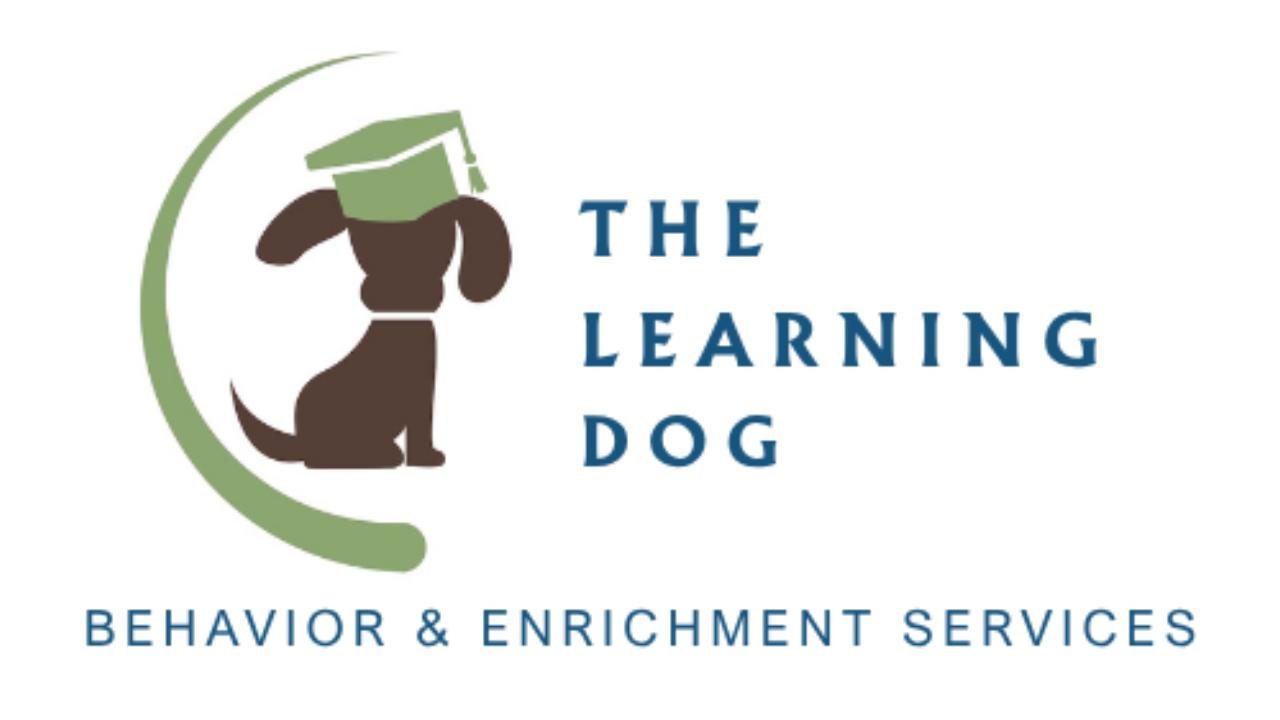
Got Doggie Problems? Hire the Right Trainer
Oct 26, 2023
I am a professional dog trainer and behavior consultant. Should you hire me? Maybe. Or maybe not. Before hiring a trainer, consider why you brought a dog into your family and what you imagine life will be like with a dog. Did you bring a dog home on impulse? I’ve done that. Was it loneliness? Dogs can be great companions. Or not…it depends. Was it grief after losing a beloved canine? I’ve done that, too. Did you get a dog because you wanted a dog to perform a task, like therapy work, herding, or sports? Or perhaps you got a dog because, well, why not?
Now you have a dog, regardless of why you brought one home. You and your dog must learn how to live with each other. You may have had other dogs, but now you have the dog in front of you. How do you want to live with this dog? That question will help you determine what kind of dog trainer you need to hire. Yes, you do need to hire a professional. Free advice on the internet is worth exactly what it costs you.
Generally, dog trainers fall into a couple of groups – an obedience style, top-down approach (your dog needs to obey no matter what, you are the boss!) and lifestyle, companionship approach (your dog is a sentient being, with independent thoughts, needs, and goals). Of course, every dog trainer has their own philosophy and approach to training. As a consumer, you have every right to ask about credentials, professional associations, and training philosophy. Know who you’re hiring before they show up at your door or you sign up for a class!
Let’s look at the two main categories of trainers, starting with the top-down approach. Dogs, from this perspective, are subservient to the human. The dog should obey when given a command, regardless of the demand. If the dog resists or makes a different choice, the dog is “corrected.” The dog is expected to conform to the will of the human. The dog is labeled stubborn, dominant, or willful if they don't. But what about the needs of the dog? The top-down approach puts the dogs needs second to the human's demands. Little consideration is given to what the dog is experiencing, such as stress, fear, pain, or illness. Dogs, from this perspective, should perform consistently. Period. The human is boss, and the dog needs to fall in line.
The companionship approach views the dog as an independent being. The overarching goal is to help people and dogs live well together. In this model, we acknowledged that dogs are a different species than humans, which means they have doggie needs that must be met for their well-being. Trainers using this approach teach people how to provide opportunities for the dog to express normal, species-specific behavior in a way compatible with living in a human home. We call that enrichment. These trainers will also be concerned about the well-being of the family as a whole – people, cats, dogs, etc. Blending a multi-species group into a happy community means meeting everyone’s needs.

Admittedly, I’m biased. I fall into the companionship approach. I live with dogs because I enjoy who they are as a species and as individuals. The skills I teach my companion pets are tailored to our family life. Can my dog do a down/stay at a 30-foot distance? I have no idea; I’ve never trained them to do that. It’s really not important that my dogs be able to do that. Do they come when called or know to go to their place? Yes. Those are critical for my sanity. But what about their sanity? That’s the purpose of play, digging, sniffing, chewing, and exploration walks. Every day they need an opportunity to do doggie things for their well-being. Those activities are not about obedience but are vital for my dogs' well-being.
When you look for a trainer, (remember, free advice is worth exactly what it costs you), interview them. Ask what skills they teach and why they teach those specific skills. Find out how they incorporate enrichment into their training plans. Ask how they teach. Ask why they use the methods they use. Find out where they learned to train dogs. Ask them what the last professional course was that they took. Ask them what they love doing with their dogs.
Dog training is not regulated. Anyone can call themselves a dog trainer. Certifications provide you with the assurance that the trainer has been educated as a dog trainer. The trainers and behavior consultants at The Learning Dog Academy are certified and continue learning to maintain professional credentials. Continuing to learn and refine our skills as trainers helps us keep up with best practices in animal training and well-being.
What about obedience? Obedience training has its place. In my experience, obedience skills alone don’t help dogs learn how to live in a human home. Keep in mind that traditional obedience skills – sit, down, stay, heel- benefit the human but do not consider the dog's needs. Skills that dogs do need to be successful in most homes are polite greeting, loose leash walking, coming when called, keeping feet on the floor rather than the counter, how to settle and relax in the evening with the family. A dog who can perform a down/stay at a distance but cannot relax with the family in the evening is not likely to be successful at home. The dog who can settle in their spot in the evening with the family but cannot do a successful down/stay at a distance will likely be a beloved companion. The question is, what kind of companion do you want? Once you make that decision, then hiring a trainer is much easier.
Where can you find a certified trainer? Here are a few places to begin your trainer search:
· Your veterinarian may have a list of trainers they work with;
· IAABC is a professional organization that holds members accountable to humane training standards. They have a listing of local trainers. IAABC.org
· Karen Pryor Academy is an international professional animal training school. Graduates of their program have been through rigorous training. KarenPyrorAcademy.com
· Fear Free Pets has a listing of trainers who use humane trainers. Fear Free Pets also has listings for Fear Free veterinarians, groomers, and doggy day cares. FearFreePets.com
· Pet Professional Guild is a professional organization promoting humane training practices. PetProfessionalGuild.com
Questions about dog training, behavior problems, or finding a trainer? We’re here for you! Contact us: [email protected] or 248-533-2194

Paws up!
Delores
Navigating life in a multi-species home is full of moments - humorous, endearing, messy. But it can also be frustrating. If you're feeling more frustration than humor, let us help you find the fun again!


